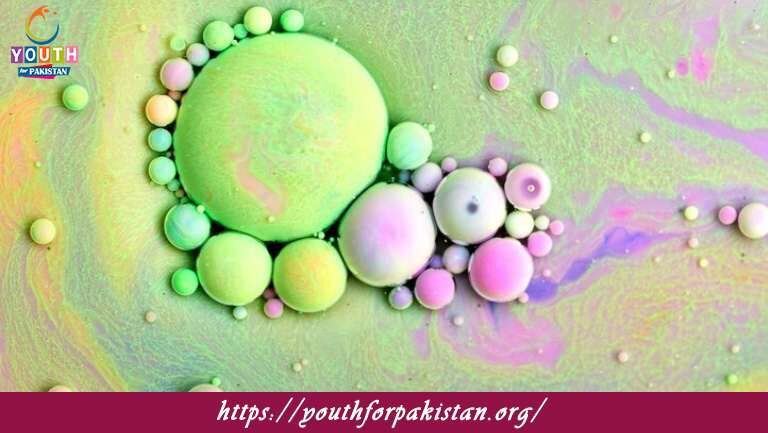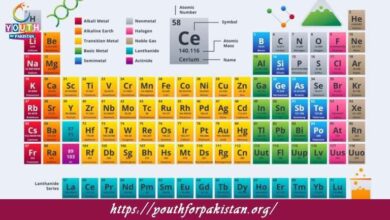12th Class Chemistry Chapter 14 Quiz with Answers

“12th Class Chemistry Chapter 14: Macromolecules” is an interesting world of large molecules, or macromolecules, which have important biological and industrial functions. The macromolecules are made up of repeating structural units called monomers that are bonded together to form polymers. This chapter describes types, structures, properties, and applications of such high-molecular-weight compounds. Better your understanding of macromolecules with our MDCAT Quiz and free flashcards designed to help you master this important subject.
Types and Structure of Macromolecules
There are three types of macromolecules: polysaccharides, proteins, and nucleic acids. Each has a unique structure and function.
Polysaccharides such as starch and cellulose are long chains of sugar units, which generally function as an energy store in living organisms. Proteins, whose building blocks are amino acids, are responsible for the majority of known biological functions associated with enzyme catalysis, structural components of a cell, and immune responses. Nucleic acids-DNA and RNA-store and carry genetic information from one generation of organisms to another.
The unique structure of macromolecules, with their repeating monomer units, enables them to have diverse functions and behaviors. The arrangement of monomers affects their properties, such as solubility, strength, and flexibility.
Synthesis, Properties, and Applications of Macromolecules
Macromolecules are synthesized by polymerization, where monomers are linked together by covalent bonds. This can be initiated by addition polymerization, as in the case of polyethylene, or by condensation polymerization, which forms materials like nylon and polyester.
The properties of macromolecules depend on the molecular weight, structure, and types of monomers. For instance, thermoplastics, such as polyethylene, are flexible and moldable, while thermosetting plastics, such as Bakelite, are rigid and heat-resistant.
Macromolecules have vast applications in industries ranging from plastics, textiles, and medicine to biotechnology. Polymers like polystyrene and PVC are used in packaging and construction, while proteins and enzymes find applications in pharmaceuticals, food, and agriculture. Biodegradable polymers are being developed to reduce environmental impact.
MDCAT Quiz: Macromolecules
Challenge your knowledge with our MDCAT Quiz on macromolecules. This quiz covers the structure, properties, and applications of polysaccharides, proteins, nucleic acids, and synthetic polymers. It helps in reinforcing your understanding of key concepts and prepares you for both theoretical and application-based questions.
Free Flashcards for Macromolecules
Enhance your learning with free flashcards on macromolecules. These flashcards are a quick and effective way to revise topics such as polymerization, the functions of proteins, the structure of nucleic acids, and applications for different types of macromolecules.
Macromolecules are an integral part of both life processes and industrial applications. Master this chapter with our MDCAT Quiz and free flashcards to ensure thorough understanding and excellent results in your exams.
- Test Name: 9th Class Physics Chapter 1 Quiz
- Type: Quiz Test
- Total Questions: 40
- Total Marks: 40
- Time: 40 minutes
Note: Answer of the questions will change randomly each time you start the test, once you are finished, click the View Results button.
Download Certificate of Quiz Quantum Entanglement
On the end of Quiz, you can download the certificate of the quiz if you got more than 80% marks. Add a certificate to your job application or social profile (like LinkedIn) and get more job offers.
Experience the real exam environment with our expertly designed collection of over 25,000 MCQs MDCAT Mock Tests.




